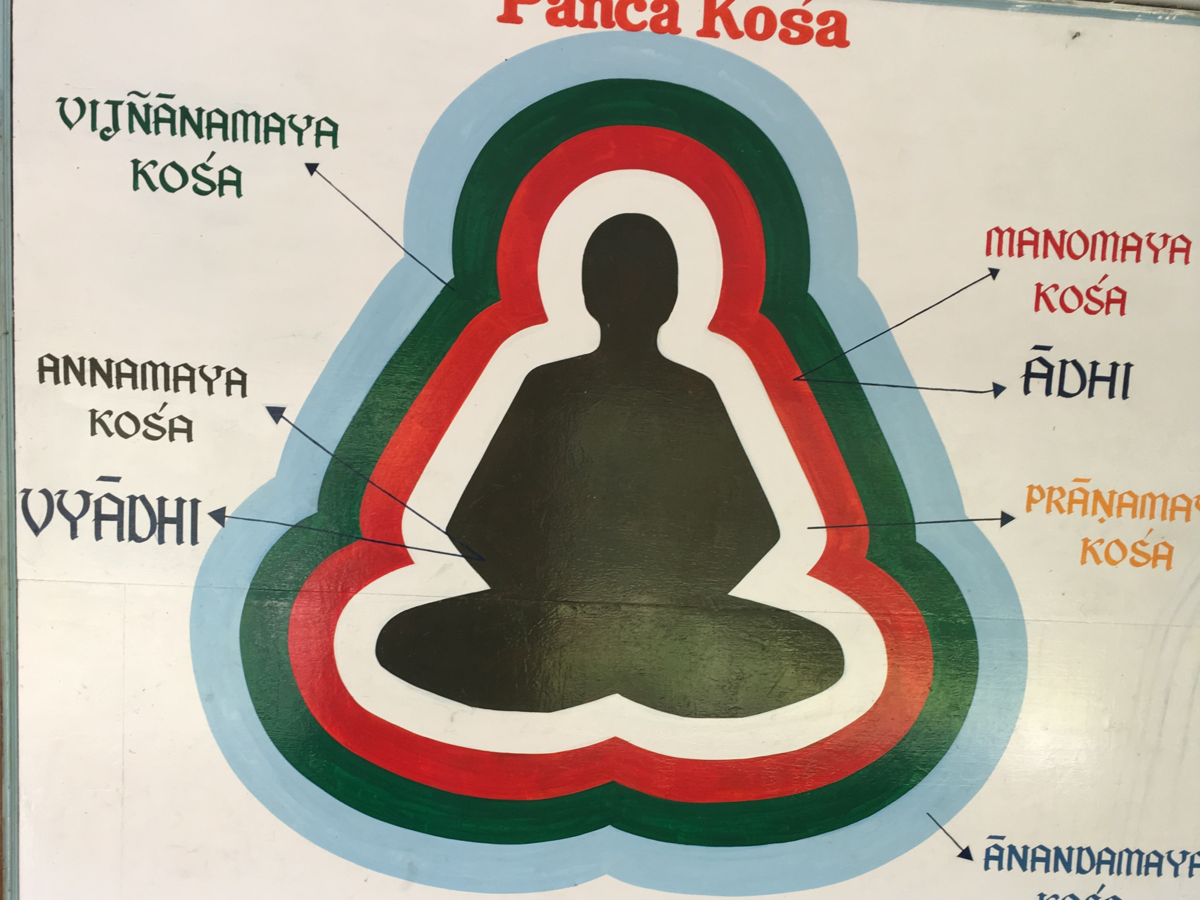Empirical Research and Theories of Religion

The research area is dedicated to qualitative socio-empirical research into contemporary religious cultures. This entails dealing with specific religious people, groups and movements and their actions in the context of today's 'super-diverse' and/or 'post-migrant' societies. Currently, the following regions are under investigation: Germany, Europe, USA, India, Israel, Palestine and Turkey. We are interested in processes of institutional consolidation or of the dissolution of boundaries, for example between religion, health and lifestyle or between religion and politics.
Against this background, we analyse processes and discourses of how people shape, reconsider and change their religious identities. Our interest is how they draw or contest boundaries between religious groups and individuums. This also includes conflict, radicalisation and violence, on the one hand, and religious pluralisation and secularisation, on the other.
Based on empirical observations, we make theoretical contributions to the study of religion. Rather than essentialising religion as a special form of belief-system we consider religion as a social praxis formation. The main focus is on reconstructing and deconstructing current constellations of the people’s lived reality of religious plurality, as well as on the relationship between religion and secularity.

Surviving the mega-city
Dr Iliyana Angelova
The project explores the role of religion in shaping the identity constructions of minority Christian migrants in the mega-city of New Delhi (India), the various strategies and aspirations that inform the religious choices that these migrants make in the mega-city and the ways in which this is intertwined with their negotiations of everyday marginality and exclusion.
more
Post-secular Yoga
PD Dr. Beatrix Hauser
This research project looks at the mutual influences of health-seeking behaviour and spiritual aspirations in the present post-secular age, focusing on yoga as a physical movement practice and considering case studies from Germany and, partially, India.
more
Intersections of Religion, Gender, and the State.
Dr. Petra Klug
The project addresses the practice of early or forced marriages in different religious communities in Germany and the United States, as for example in conservative Islam, among evangelical Christians, and orthodox Jews.
more
Bridging the Divide?
Anne Kauhanen
The goal of my dissertation is to research the movements and experiences beyond the ideologically polarized and hardened fronts in Mitrovica and to highlight these insights - against the narrative of Mitrovica only being a city and space of conflict.
more
Negotiations of the self on Muslim online platforms
Rosa Lütge
The project focuses on Muslim online platforms that create a space for exchange about lifestyle, empowerment and inspiration. The aim is to examine the representations of the self and the intersectional negotiations of religion, emotions and gender but also subversions that emerge in Muslim online platforms.
more
![[Translate to English:] Zur Startseite des Instituts für Religionswissenschaft und -pädagogik](/fileadmin/user_upload/fachbereiche/fb9/reliwiss/Fotos_und_Bilder/Logos/logo_mit_schrift_schwarz_1892x588_01.jpg)
